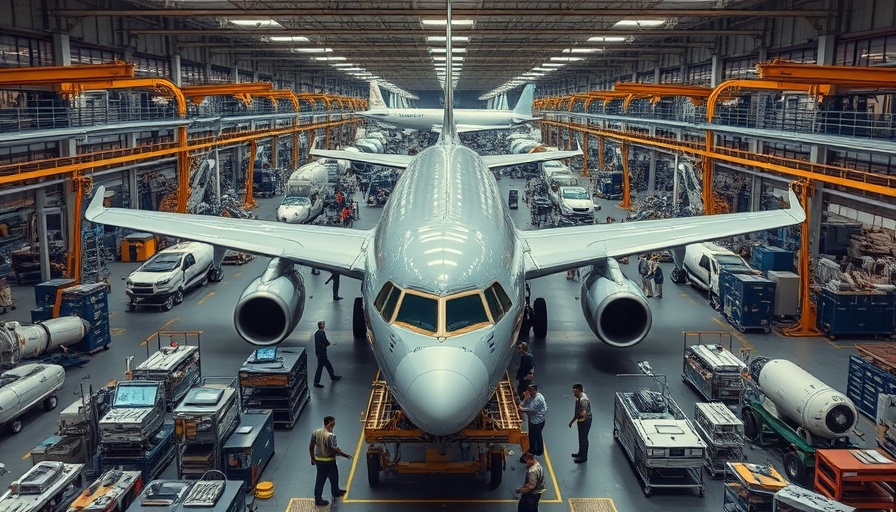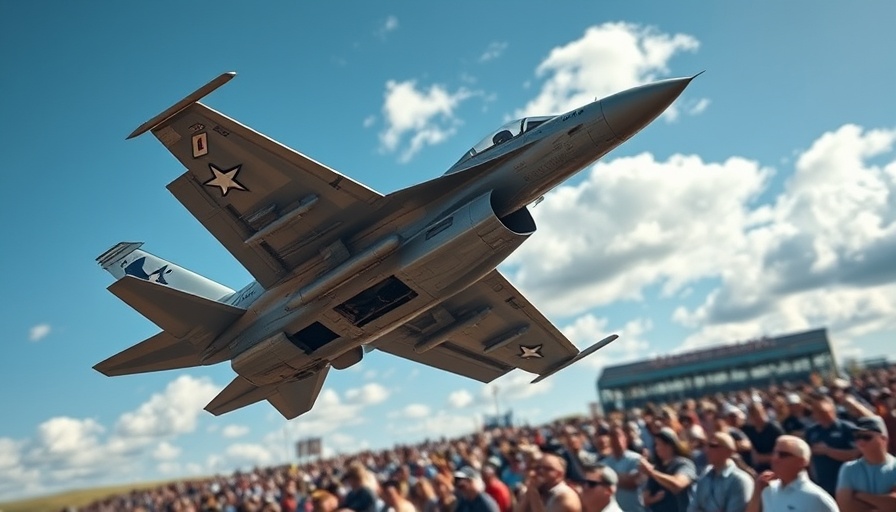
United Airlines Turns Challenges into Opportunities in New York
United Airlines is making strategic moves in New York, capitalizing on a recent crisis at Newark Airport, which has been facing significant operational challenges. With a cap on flight operations imposed by the Federal Aviation Administration (FAA) due to air traffic control issues and construction, United Airlines has leveraged these limitations to bolster its position as a leading carrier in the region.
CEO Scott Kirby heralded the recent developments, stating that Newark is now more efficient, benefiting not just the airline, but passengers and the broader air travel system. He expressed confidence in Newark, referring to it as a "crown jewel" in United's network, especially given its extensive international connections to Europe.
Adapting to Airspace Congestion: A Historical Perspective
This situation isn’t a new phenomenon. Newark has long been entwined with airspace sharing between major airports, including JFK and LaGuardia. The ongoing congestion has been exacerbated by historical factors such as increasing flight demands and infrastructural limitations. Veteran travel writer Joe Brancatelli explained that the solution will require more than meeting immediate needs; it necessitates a strategic long-term approach to air traffic management in the crowded northeast corridor.
Joint Venture with JetBlue: A Strategic Alliance
In a bid to strengthen its operations further, United has announced a partnership with JetBlue Airlines. This collaboration aims to improve service offerings and streamline operations at JFK, marking a shift in United's strategy towards integrating with key players in the market. The importance of this alliance cannot be understated; it opens up new pathways for passengers and enhances connectivity amid the current operational restraints.
Future Trends: What Lies Ahead for Airlines
As the industry grapples with ongoing challenges, it’s essential to keep an eye on future trends in air travel. Enhanced technology, improved air traffic systems, and strategic alliances will likely dictate the success of airlines in major markets. Continued innovations in aerospace technology could help alleviate congestion and improve operational efficiency, fostering a more reliable air travel experience.
United's approach during the Newark crisis illustrates how airlines can pivot during periods of difficulty, leveraging challenges into growth opportunities. As airlines adapt, their strategies will directly influence the future landscape of air travel in densely populated regions.
 Add Row
Add Row  Add
Add 




Write A Comment